The Linesman
Elephants used to roam Myanmar’s natural forests with impunity. But as their habitats have been encroached upon, wild elephant numbers have fallen from 10,000 to 2,000 over the past 70 years – according to the Smithsonian National Zoo and Conservation Biology Institute.
So too, many villagers across the country are forced to compete with the country’s giant pachyderms. Sometimes the elephants trample on farmland and houses in search of food.
The Elephant Project, an international organisation devoted to the protection of elephants around the world, has produced a 30-minute documentary about the ongoing human-elephant conflict in Myanmar. Titled The Linesman, the story focuses on a man called U Khin Maung Gyi who seeks to explore the elephant-human dynamic in southern Myanmar – from illegal poaching in the mountain areas, to the destruction they wreak in the low-lying villages and farms.
When The Elephant Project was founded in 2016, one of its goals was to develop new ideas and solutions to protect elephants around the world.
"But to solve a problem you must first understand it from all sides, which is why we decided to make this film – to help people understand the root causes behind the conflict," Dane Waters, founder and president of The Elephant Project explained to The Myanmar Times.
When they first started working in Myanmar over three years ago, their initial focus was to help elephants transition out of the country’s timber industry to live in more sustainable sanctuaries."But early in our efforts we discovered the magnitude of the human-elephant conflict, and felt that it needed to be addressed," he said.
The organisation’s first response was to invest in electric fences, which were intended to restrict the elephants to particular areas whilst their natural habitats were being restored."They [elephants] primarily come because they need food. They come because their natural habitat has been destroyed due to excessive logging. They come out of necessity," he said.The film crew traveled around the country, with footage being taking from Bago’s Winga Baw Elephant Sanctuary, Kayin State’s teak and rubber plantations, as well as Kalaw Village in the Bago Region.
It took over two years to make the film, as heavy rains restricted access to the elephants during the rainy season. The film crew visited Myanmar on three separate occasions to make sure they had the best footage.
"The villagers try lots of different ways to scare away the elephants, including tractors and other heavy equipment to make loud noises," Dane Waters said. "These are massive animals, and so humans protect themselves by trying to scare them away, by getting as far away as possible from them, or by building fences to help keep them out. But in some cases, out of desperation, they even call in poachers to kill the elephants," he added.
The biggest challenge was trying to get footage of elephants in the wild, especially when they approach the villages. It’s difficult to predict when an elephant will approach your house, so the crew had to wait-out for opportunities to follow or sneak up to the herd. "Elephants are typically only dangerous when they feel threatened. They are not predators and aren’t really that interested in harming humans. They are usually just looking for food. But they are obviously large, so if a person gets too close or gets in the path of a scared or angry elephant, they can kill or hurt someone," he said
."Villagers do fear elephants. This is one of the struggles they face. They don’t want to fear or hate the elephants but when their families and crops are in danger, they naturally begin to feel frightened," he added.
Despite the recent COVID-19 restrictions around the world, The Elephant Project hopes to screen The Linesman in London, Berlin, Tokyo, Taipei, Los Angeles, New York, Washington, DC in the coming months. Yangon will also host a special screening event.
"We believe that The Linesman presents an amazing opportunity to raise awareness about the human-elephant conflict, and the ways that people have tried to resolve that conflict – greater education, building fences, habitat restoration, and elephant relocation," he said.
Anyone interested can find out more by visiting https://www.theelephantproject.net/the-linesman-film
